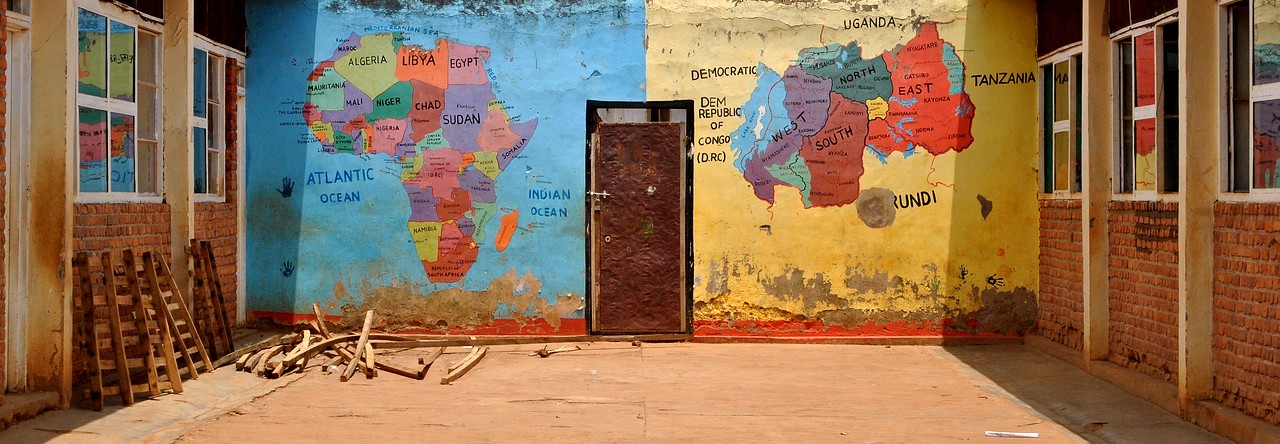— By Maria from Uganda
I met Paulina* in Masaka on International Day of the African Child. It’s her bravery that stayed with me. She is in her mid teen years but she’s already fought tough battles none of us will ever dream of, nor understand, and yet she’s not shy about speaking up for what she believes in.
When people stand up for what is right, despite the disapproval of others, I admire them. As we get older it tougher for adults to do. To survive in the adult world you must be part of the social circle and adher to its subtle rules. The ones who step outside may become GREAT, but the socials risks involved will deter many, therefore it is rarely encouraged. Let’s get back to the story….
We arrived at Hotel Brovad in Masaka around 9.40am. My colleagues and I were late. We had missed most of the children’s roundtable discussion with Government representatives. In the last 30 minutes the MC asked the children, “Children, does anyone have anything else to say to the adults?” After three or four children had spoken, up went Paulina, given her skin you really couldn’t help but noticing her, grabbing the mic she confidently stated: “Children like me want to be treated like everyone else, we can run, we jump, we can play. We shouldn’t be left out. The Government should consider us too!”
Shortly afterwards the discussion concluded, but I was curious about her story and what had prompted her to speak out so loudly and assertively. We all made our way to the grounds where the celebrations would continue, I sought out the MC of the roundtable discussion to see if I could learn more about Paulina. When I found her, she agreed to share some of her story. Because she’s a minor I have changed her name and used a picture without her face.

Paulina says her eyesight is a problem, she’s been out of school for a year so that she could get a special operation. The operation helped, but she still has sight problems because in school when it rains her classroom becomes dark and she can’t see the board. When I asked if she had electricity in school, she said they did, but her classroom’s light wasn’t working and they had neglected to fix it.“ Other classrooms have light” She said. Paulina told me that children like her have to put special ointment on their skin but not everyone can afford it. These are the things she wants the government to consider supporting. “They make a huge difference in a child’s life” She said.
She told me she is brave because she comes from come from a loving family , that’s why she can speak up for herself, “Many children like me don’t come from a good family. School is difficult if your teachers don’t understand. They are scared to be themselves, to be free. I want to be a human rights lawyer when I grow up, so that I can speak for children like me.” She told me.
That is what my blog #HappilyFlawed is about. It’s about being comfortable in your own skin, no pun intended, and sharing your life lessons with others. It’s about accepting that we can’t be perfect and there is no need to be. We should just happily be ourselves.
Thank for sharing Paulina! #BraveGirls #HappilyFlawed
Albinism is a rare, genetically inherited condition found in all ethnicities. People with albinism have little or no pigmentation in their eyes, hair and skin owing to a lack of melanin. They are sensitive to bright light and have a higher than average risk of skin cancer from sun exposure. Most people with albinism are also visually impaired.
Visit Maria’s blog: Happily Flawed






